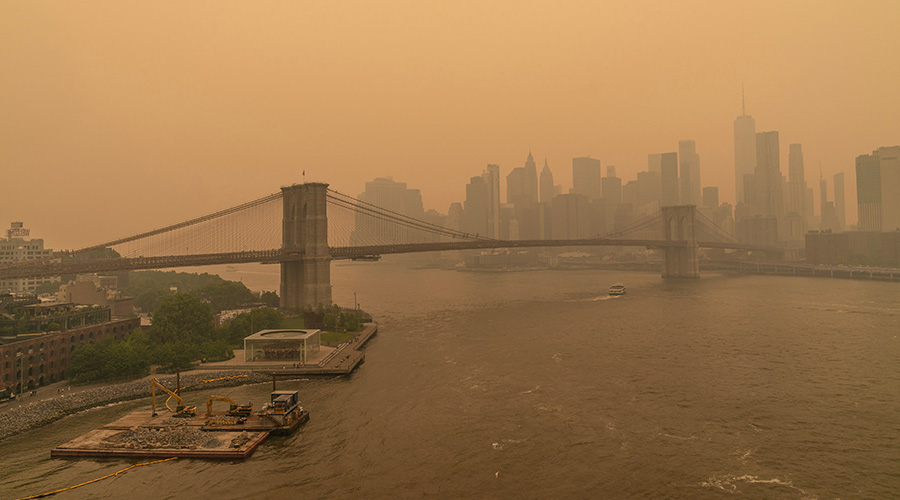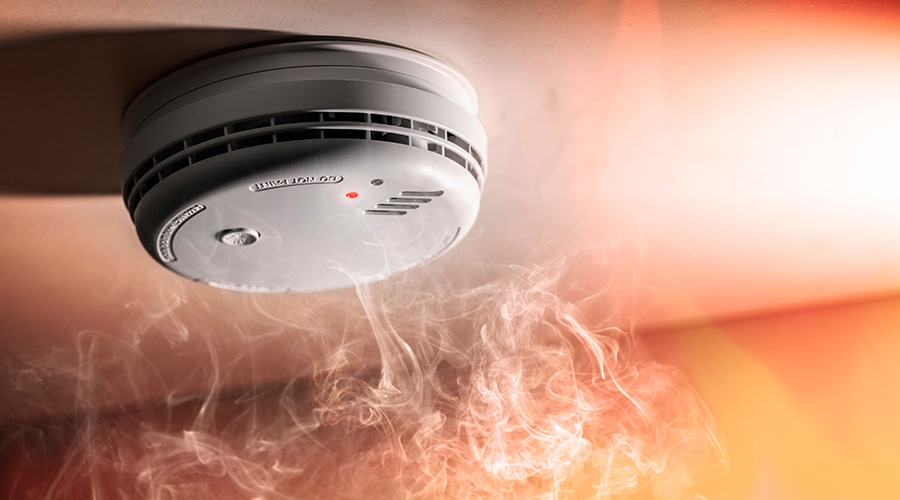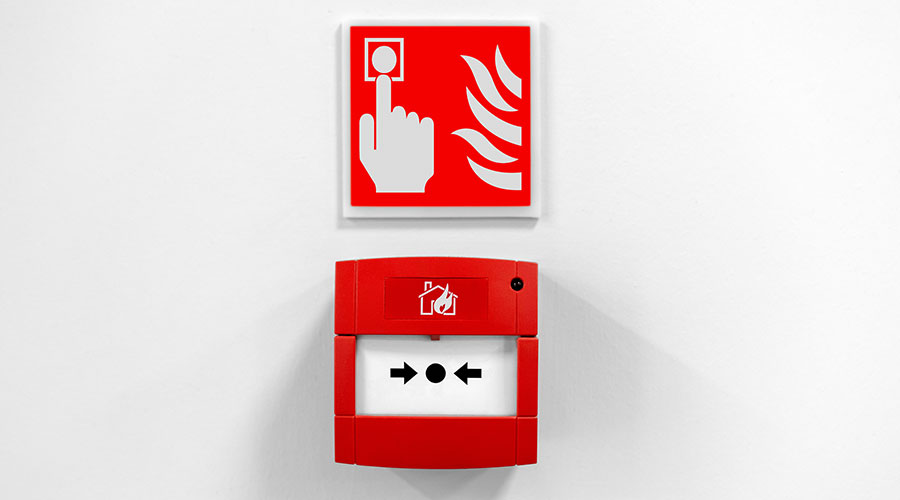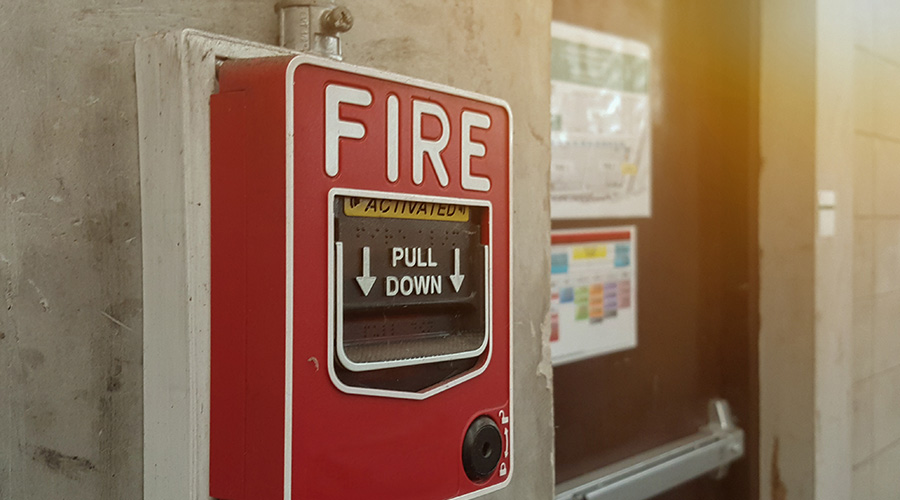Facility Managers Play Critical Role in Fire Safety Efforts
There are few things that a facility manager isn't involved with at one point or another. Office too warm? Call the facility manager. Concerned about lighting in the parking structure? Call the facility manager. Worried that an alarm will be triggered when an employee comes in on the weekend? Call the facility manager.
"The facility manager is the one-stop person," says Robert Solomon, division manager for Building and Life Safety Codes at the National Fire Protection Association. "It's the person you go to if the elevator isn't working right or the cleaning folks didn't come by. When the office is too cold, the tenant doesn't call the HVAC contractor. The tenant calls the facility manager and the facility manager calls someone. They are the link to management, the tenants and the folks who come into the building."
Fire/life safety is perhaps the most important area in which a facility manager is involved, and it requires the individual to have some knowledge about a wide range of topics, including operational considerations, testing and inspection requirements and policies and procedures. Specifically, experts note that a facility manager needs to know at least a little bit about the sprinkler system and the fire alarm system and have some knowledge about fire drills, emergency planning, housekeeping and storage practices, as well as a building's fire egress features. The individual also needs to make sure the various systems are regularly inspected and tested, and that they meet local codes and regulations.
"In many organizations, there may not be another internal fire safety professional or another internal life safety professional," David Stymiest, senior consultant for compliance and facilities management with Smith Seckman Reid Inc., says via email. "As a result, this role falls to the FM, who must continue to become more of a generalist."
Have A Plan
Every building should have a written, comprehensive fire/life safety plan. In fact, having a plan, reviewing it and testing it are some of the best practices a facility manager can have. Documenting all testing procedures is particularly important, says Chris Jelenewicz, engineering program manager, Society of Fire Protection Engineers. After a fire, for example, steps will be taken to determine why it occurred and whether any mistakes were made.
"I don't want to be the facility manager who doesn't have his 'i's dotted," he says. "They will ask whether you tested the fire alarm in accordance with standards and, if you don't have documentation, you'll be in trouble. So document the testing procedures in as much detail as possible and consult an expert."
In addition, a comprehensive plan needs to reflect changes made to a structure, such as an expansion or a change of use, Jelenewicz says. The changes could be as simple as turning an office into a conference room or as complex as having people work in an area that was previously used for storing chemicals.
"Most facilities change over time — the occupancy, the nature of the people in the building, the size — so plans should be adopted for those changes as the changes occur," adds Carl Baldassarra, executive vice president for The RJA Group Inc.
Having an evacuation plan as part of a fire/life safety plan is a crucial operational consideration, as is practicing the plan with a building's staff and day-to-day occupants. While it sounds simple, Jelenewicz notes that evacuating certain structures, such as a high-rise building or an arena, can be more complex than evacuating others. A facility manager needs to know how everyone — staff, tenants and visitors — should respond. The facility manager should also identify the roles for the staff, particularly in buildings that people don't typically occupy each day, Jelenewicz says.
Related Topics:














